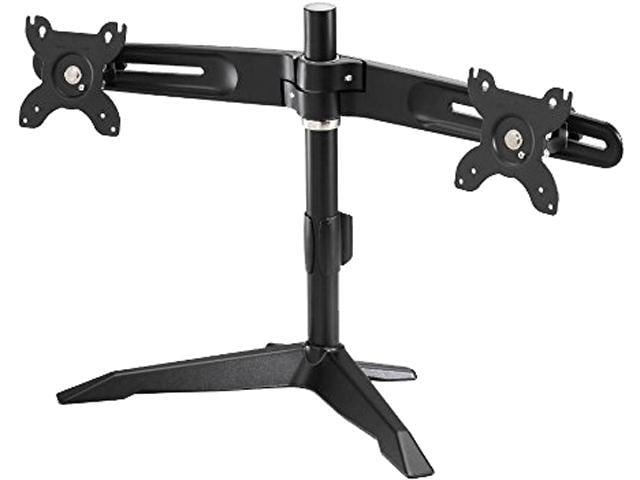The spy business often results in a sudden exchange of the dark shadows of the clandestine back room for the bright lights of the open courtroom. The situations that judges and juries face in espionage cases are typically more unusual, complex, and diverse than one might possibly imagine. Cecil C. Kuhne III describes a number of historical, law changing judicial cases, well-publicized criminal trials of those accused of treason against the United States, as well as lawsuits concerning other unusual matters, such as the governmental restrictions on bugging and other surveillance devices that cannot be sold to the general public. The author successfully explores well known espionage cases, such as the Julius and Ethel Rosenberg and Morton Sobell trial of 1951, as well as more recent cases where the courts have dealt with the activities of the National Security Administration (NSA) as they monitor telephone communications in their efforts to apprehend terrorist organizations. Spies on Trial brings the reader fast-paced stories of foreign spies engaged in daring deeds of sleuthing that undoubtedly have more than their fair share of intriguing moments. But nowhere is this suspense more intense than inside the courtroom, where the drama of intense covert activities is fully unfurled, offering fascinating glimpses into this vast and nefarious underground world of international espionage.















